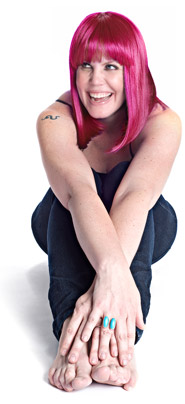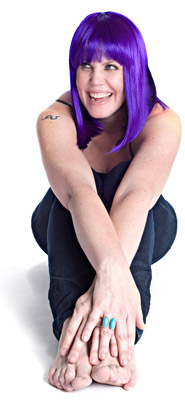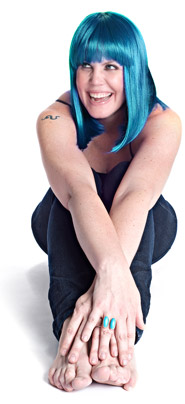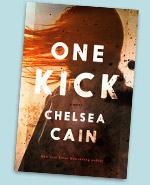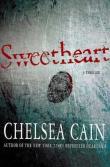When my mother was dying, she bought a bird.
It was a finch. Or maybe a parakeet.
She named the bird “Vida.” That’s Spanish for “life.” My mother embraced language with the recklessness of a poet, without fear of jinxes.
My mother put the bird in a cage.
It was a pretty cage. An Asian antique, all varnished wood, about the size of a carry-on roller bag.
But life finds a way, and Vida was an escape artist. She squeezed through the varnished wooden slats and fluttered around our apartment until my mother cupped Vida in her hands and slid her back through her cage door.
We had a problem. The space between the slats were too wide, or maybe the bird was too small.
My mother came up with a plan. She bought thin copper wire and hand blown glass beads and she started weaving the wire, over and under the slats, around the cage, threading beads along the way, filling the gaps.
If this sounds like it wouldn’t take long, you have never attempted to thread wire around a bird cage. Each trip around took twenty feet of wire. Then, a centimeter up, another circle of wire. Over and over again.
It took hours, every day. For the better part of a week. Friends and family would come over and help, fingers bleeding from the wire. We couldn’t do anything about the cancer ravaging my mother’s body, but we could sure as hell find a way to keep a bird in a cage.
Have I mentioned the cat?
Her name was Girlfriend.
She wasn’t our cat. She’d just appeared at the door to our apartment one day - a huge long-haired dog of a cat - probably a Maine Coon. She swaggered into our living room and stretched out on the couch.
Girlfriend wasn’t her real name. Her collar didn’t have one listed, just a telephone number. And she didn’t seem lost. So we never called it.
“Hello, girlfriend,” my mother called her. And it stuck.
After that the cat came to visit several times a week.
There is a superstition about cats visiting the dying. If a cat shows up and sleeps on your chest, you’ll be dead by morning. There’s science behind this it turns out - people who are dying have elevated body temperatures - and there’s nothing cats like more than a warm place to nap.
So maybe the cat knew that my mother was running hot.
We took to leaving the front window open, so the cat could come and go as she pleased.
When we came home to the empty bird cage we thought at first that Vida had managed to escape again. Then we found a single small green feather on the living room floor and Girlfriend grinning in the corner.
Maybe Vida made it out. It’s a nice story, right?
Maybe Girlfriend ate her.
We never found a trace of the bird, except for that one feather. The cage was wired as tight as a drum.
Life is mysterious.
I know this: My mother died a few weeks later.
I didn’t see Girlfriend again until after the funeral, after all the well-wishers had come and gone. Then one day she sauntered in. I burst into tears. I had missed her. I called the number. “Do you have a cat?” I asked.
“Yes,” a man said.
“I think I have it,” I said.
The man gave me his address and I carried the cat to a big old craftsman style house about five places away from us around the block. I was seized by a crazy desire to keep that cat. To explain that the cat had been ours, my mother’s and mine, and that my mother had just died and I would soon be moving, and could I take the cat with me to my new apartment?
An elderly man opened the door. “Milton!” he said when he saw the cat.
Girlfriend, it turned out, was not a girl.
“He gets out,” the man said.
Milton meowed at him and the man took Milton from my arms and held him close.
I never saw Milton again after that. I moved to a new apartment. Then to a new city. But, twenty years later, I still think of him fondly - or rather her, our cat, our Girlfriend.
Vida’s cage hangs in my home office, where I write.
Sometimes I think, maybe I should buy a bird?
But that’s ridiculous, right? These choices, they lead to heartache.
Instead - in the cage - there’s another kind of bird — it’s not real - it’s an old Christmas ornament - but it’s precious, because it was my mother’s.
We all hold onto things.

